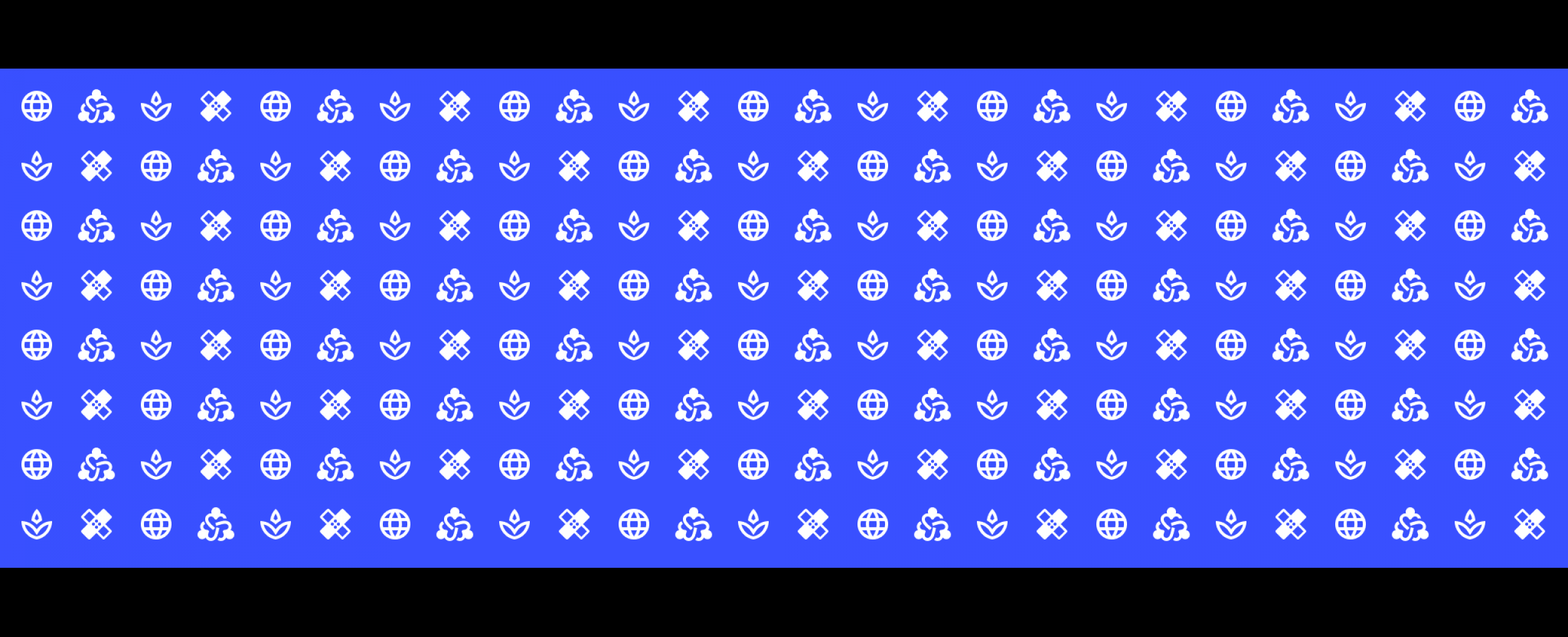
Reducing Harm in New Media: An Intersectional Exploration of Digital Community Protocols
Black, Indigenous, and Disability Justice (BIDJ) communities have been at the forefront of creating ethical, community-driven approaches to technology, prioritizing accessibility, care, and collective well-being. As digital spaces continue to shape our world, it’s crucial for arts organizations and collectives to support and stand in solidarity with these communities by amplifying their knowledge and developing intersectional structures that protect and enhance their work—whether in online, offline, low-tech, or high-tech environments.
This intro-level workshop examines how BIDJ perspectives intersect to inform harm reduction strategies in new media environments. It offers artists and arts workers both critical insights and practical tools for developing digital community protocols that prioritize accessibility, care, and equity, fostering online spaces that actively support community-building and intercultural collaboration.
As an initial step in this ongoing work, the workshop aims to inspire deeper reflection on the intersection of technology and harm reduction. Participants will leave with strategies for fostering safer, more inclusive digital spaces, grounded in justice and community care. This session is intended as a starting point, with the hope of sparking continued efforts and sustained collaboration in supporting BIDJ-informed approaches to harm reduction in new media.
This event is part of a three-part series. Visit the other workshops below:
Program/Project Context
This workshop is the first test of a prototype resource package developed as part of Terra Firma, a one-year project focused on strengthening the relationships between arts organizations and Black, Indigenous, and Disability Justice (BIDJ)-centered communities through ethical and accessible technological practices. The resource package is conceptualized as an open-source, reusable lesson plan for others to use in teaching workshops that build on BIDJ knowledge in digital and technological contexts.
It is important to note that this workshop and the accompanying resource package do not claim to be the primary or definitive source of information on these topics. Instead, they foreground the rich knowledge and insights already present in BIDJ communities. We encourage all facilitators and participants to engage directly with these communities wherever possible. This workshop serves as a starting point to raise awareness and initiate steps toward more meaningful support and solidarity in new media programming.
About the Facilitator
Belinda Kwan (she/they) is a disabled East Asian settler and arts worker based in Tkaronto. She is the Research and Development Manager at InterAccess and the project lead of Terra Firma.
Accessibility Information
ASL, CART captioning, and notetaking will be available for this event. To request additional accessibility supports, please email development@interaccess.org.
Funding & Partnership Information
This project was made possible with funding from the Canada Council for the Arts, Mitacs, and Cultural Human Resources Council. It is presented in partnership with InterAccess, FEZIHAUS, and Tangled Art + Disability.